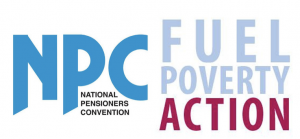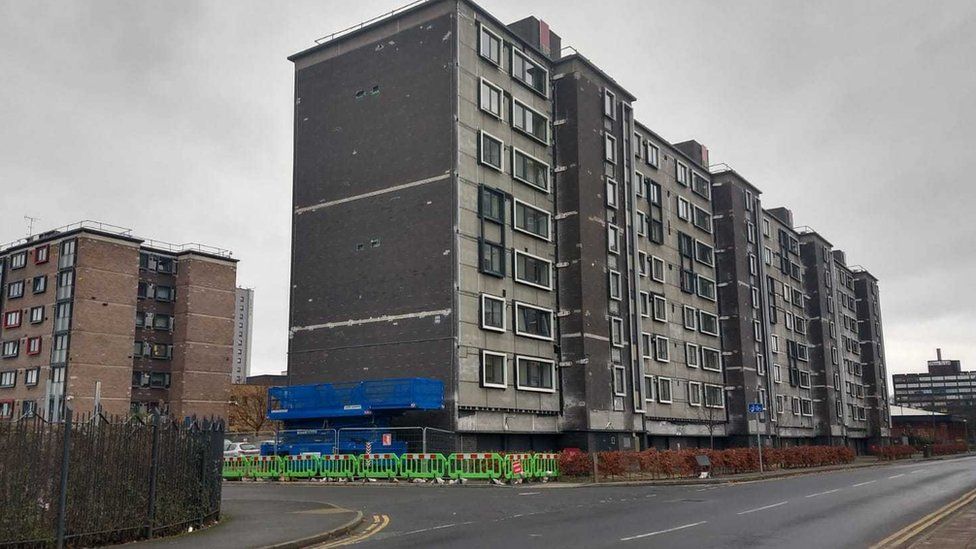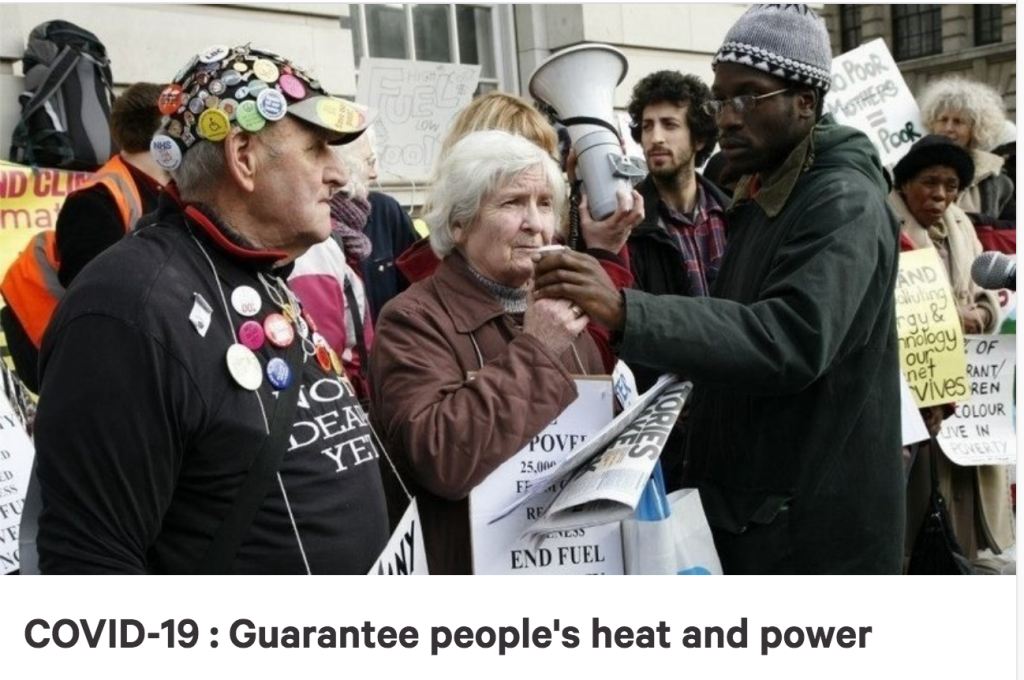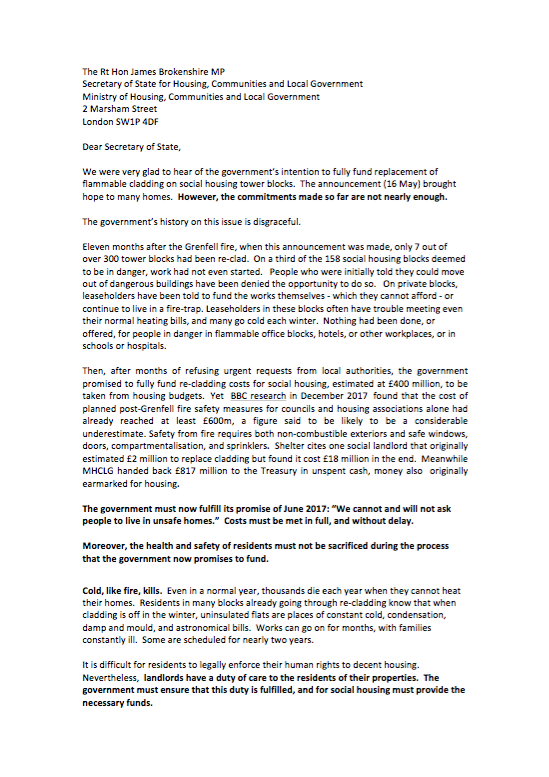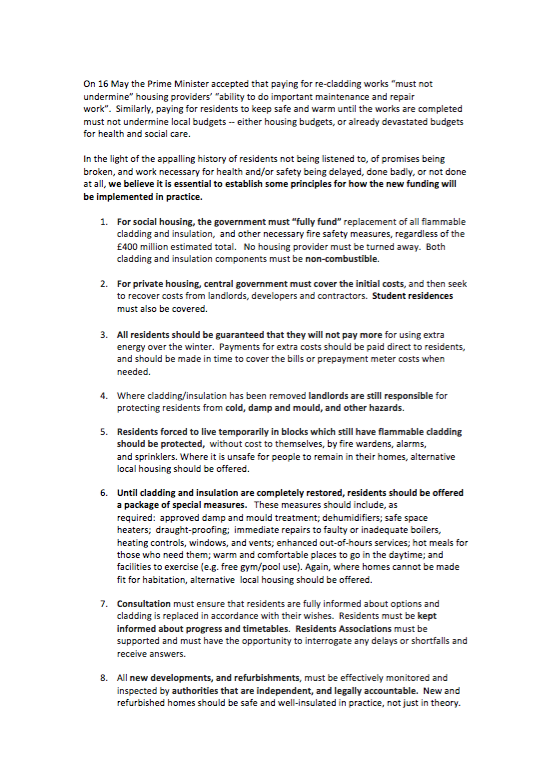Fran Lobel
The current energy crisis means that millions of households will not be able to afford their energy bills or costs and will be plunged into fuel poverty. The sharpest end of fuel poverty is ‘fuel crisis’ whereby households who use prepayment meters ‘self-disconnect’ from their supply when they can’t top-up. Customers with prepayment meters pay for their energy use in advance, usually by taking a key or card device to a local shop, buying credit which is loaded to the device, and then topping up the meter with credit. When all credit is exhausted the lights go out and the heat cuts off. ‘Self-disconnection’ is the commonly understood term for when this happens, although its use is contentious due to the implication that it’s an outcome customers choose.
Self-disconnection: the sharpest end of fuel poverty
Energy suppliers’ too-common recourse to recuperating debt is to pressure customers to switch to a payment method that might not be suitable, safe or practical, without exploring alternative methods of repayment. Energy suppliers also remotely ‘mode-switch’ indebted smart metered customers to prepayment mode without adequate warning and safety and practicability checks. As a final measure, suppliers forcibly install prepayment meters under warrant where (often frightened, vulnerable customers, unsure of their rights) fail to engage with debt collection processes.
We have particular concerns about the effects of chronic self-disconnection on prepayment energy customers. We are also deeply concerned that energy suppliers will recuperate problem debt resulting from unprecedented price rises by forcibly installing large numbers of prepayment meters. Self-disconnection is a fate that awaits hundreds of thousands more customers who won’t be able to afford their monthly or quarterly bills.
Energy is required to support and participate in life.
Domestic water utilities customers have been protected from loss-of supply due to unaffordability and debt since 1999. The use of ‘limiting devices’ i.e. trickle valves as a sanction and coercive means of debt recovery was also prohibited under the same legislation.
During the 1994 2nd reading of the Water Domestic Disconnections bill, the point was made that water is unique as an essential to life commodity as it has no substitute. By contrast, it was suggested customers disconnected from their energy supply could manage for a few days using a calor gas heater or a primus stove.
It’s hard now, nearly three decades later, to imagine this being considered usable advice for off-supply energy customers. Calor gas heaters and primus stoves are no longer common back-of cupboard items stashed for an emergency or a camping trip, and customers who can’t afford small cash top-ups are not in a position to peruse the Argos catalogue as an interim solution to staying adequately warm. There never has been a safe or adequate substitute for electricity; it’s always been unsafe for those who need to keep medicine in the fridge or rely on power for medical or mobility equipment to lose supply. More generally and aside from providing safe and reliable light, electricity is now essential for the phone and online connectivity required for children’s homework, study, working from home, job search, accessing medical services, advice and support services, financial inclusion, and maintaining a universal credit account. As fewer households have a landline phone, ironically, it is now usually a requirement to use a mobile phone or other chargeable device and to maintain a Wi-Fi or data allowance to access emergency support from energy suppliers.
Comparisons, in recent decades, between the essentialness of domestic water and energy supplies have eroded beyond the point of useful and meaningful distinction.
Water prepayment meters were banned in 1998.
Water prepayment meters, known as ‘Budget Payment Units’ (BPUs) were outlawed in 1998 after a consortium of six local authorities brought a successful legal challenge to the installation and use of BPUs to The High Court. The local authorities argued that customers with BPUs were likely to suffer more frequent disconnections from their water supply than customers without, and this could lead to the spread of infectious diseases.
The High Court ruled that multiple statutory safeguards in place to protect customers from disconnection were bypassed by the use of BPUs. The same principle and outcomes apply to energy customers who self-disconnect. It’s clear that energy customers now need parity of protection with water utilities customers from all kinds of disconnection, including self-disconnection.
Too often not safe, not practical, & sometimes lethal
We have noted that energy suppliers are routinely non-compliant with safety and practicability rules regarding prepayment; this means that householders who take life-sustaining medication that requires refrigeration and those who use mobility aids and medical devices that rely on power face life-threatening situations. Self-disconnection is also dangerous for those who are elderly or very young, or have health conditions worsened by cold. We have noted that forced installations of prepayment meters are executed without regard to safety and practicability regulations.
Widespread destitution: from consumer debt problem to a public health crisis
More broadly, frequent self-disconnection leads to destitution and perpetuates inter-generational disadvantage. It means that families are unable to cook food supplied to them from food banks; a month’s supply of frozen food is spoiled and lost; parents can’t log into Universal Credit accounts, miss messages, and then get sanctioned; adults go to work and job interviews without being able to have a shower; children can’t do their homework after school (and boil kettles to bathe in the mornings before school).
It is true that energy customers are now only very rarely disconnected from their supply due to debt, but this ‘good news’ message is misleading. Energy suppliers don’t disconnect indebted energy customers because this no longer a necessary sanction; suppliers use warrants and rights of entry legislation, originally established in order to disconnect customers, to install prepayment meters and let householders self-disconnect from their supply. (Alan Murdie, the long-time editor of The Fuel Rights Handbook has questioned the lawfulness of re-purposing this legislation to forcibly install a different payment method device.)
If actioned widely in response to large numbers of customers defaulting on unaffordable bills, this practice threatens to turn a consumer debt problem into a into a public health crisis.
The prohibition that came into force in 1999 on disconnecting households from their domestic water supply was made as a paradigm-shifting public health measure. Indebted domestic water utilities customers can face legal and other debt enforcement action, but measures that threaten life, health, and cause severe detriment to all members, including children and infants, of an indebted household are rightly prohibited.
The energy regulator considered a prohibition on all disconnections as an option in the future should this be required…….
The energy regulator consulted from 2018-2020 on improving outcomes for consumers who experience self-disconnection and self-rationing, and regulations designed to protect prepayment consumers from the kind of detriments outlined above came into force in December 2020. We have noted that energy supplier compliance with these regulations is poor and none have faced enforcement action as a result.
In August 2019, during the pre-statutory phase of its consultation to improve outcomes for consumers who experience self-disconnection, Ofgem noted the following:
We note that there is currently no obligation on regulated companies which prohibits gas and electricity disconnections on all meter types, except in certain circumstances and for particular customer groups. Disconnection due to debt should only be considered as a very last resort by suppliers and disconnections due to debt are now very infrequent. At this stage, we are not proposing to introduce a prohibition on all disconnections, similar to one in the water sector, but we will consider this as one option in the future should this be required.
The above was given serious consideration before the pandemic; energy customers have since been hit concurrently and consecutively with the effects of the pandemic, disruption and additional costs associated with multiple supplier failures, and, now, unprecedented price rises. The ‘future’ referred to above should be considered now and the option is indeed required.
Measures required now and an end to forced installations of prepayment meters
- As an immediate-term measure, energy supplier licence conditions intended to protect householders from disproportionately aggressive debt collection tactics should be robustly enforced, if breached.
- Energy suppliers are quick to recommend prepayment meters to indebted customers as a means of helping the household to budget. Where chronic unaffordability is the underlying issue, the prepayment meter is used to self-ration rather than budget and self-disconnection is inevitable. Licence conditions that compel energy suppliers to consider the customer’s individual circumstances and ability to pay should be robustly enforced, if breached.
- Energy suppliers should also be compelled to proactively review their prepayment customer base to check if prepayment is safe and practicable for new and existing customers and follow through with the required actions.
- Energy customers are currently protected by a prohibition on installation of prepayment meters under warrant where the installation would traumatise the householder due to their mental incapacity and/or psychological state. We hold the view that any practice brutal to a degree to traumatise any customer groups, in any circumstances, should be prohibited and call for the practice to be prohibited altogether.
What would a prohibition on self-disconnection look like?
Some lateral thinking and ingenuity would be required. The water sector avoided the scale of this regulatory and technical would-be dilemma as only a relatively small number (around 21,000) water prepayment meters had been installed before the prohibition came into force. It’s timely to consider the technical issues in relation to the spectacular take-off of FPA’s #EnergyForAll petition which accrued 240,000 signatures within days of being launched and is still gathering pace at just over 400,000 (at time of writing).
If implemented, #EnergyForAll would ameliorate the worst problems currently faced by prepayment customers and would prevent this payment method being enforced upon indebted credit-billing customers. As things are, prepayment customers could still be at risk of self-disconnection if they exceeded their allowance. This would mean that energy customers most likely to be low-income and have other vulnerabilities would not benefit from the protection of energy as a right in the way that credit-billing customers (far less likely to be low-income and vulnerable) would benefit.
But technical problems have technical solutions which can be found if the right to energy as an essential-to-life and basic right is understood and implemented as a matter of urgency.
Since 1999, water companies have remained in profitable private ownership, despite predictions at the time that the removal of disconnection as a sanction would lead to ruinous levels of bad debt. Water Utilities companies have learned to engage with indebted customers and recover debt using a variety of methods including legal action, but excluding brutality.
Energy customers need parity of protection, now more than ever. Consumer debt should never lead to destitution.
We can’t be disconnected from water – why is it still ok for heat and light?
Fran Lobel has worked with Repowering London as an energy advisor and advocate and continues to work on energy and utilities affordability and energy rights issues. She has a particular interest in rights and protections for prepayment customers.


